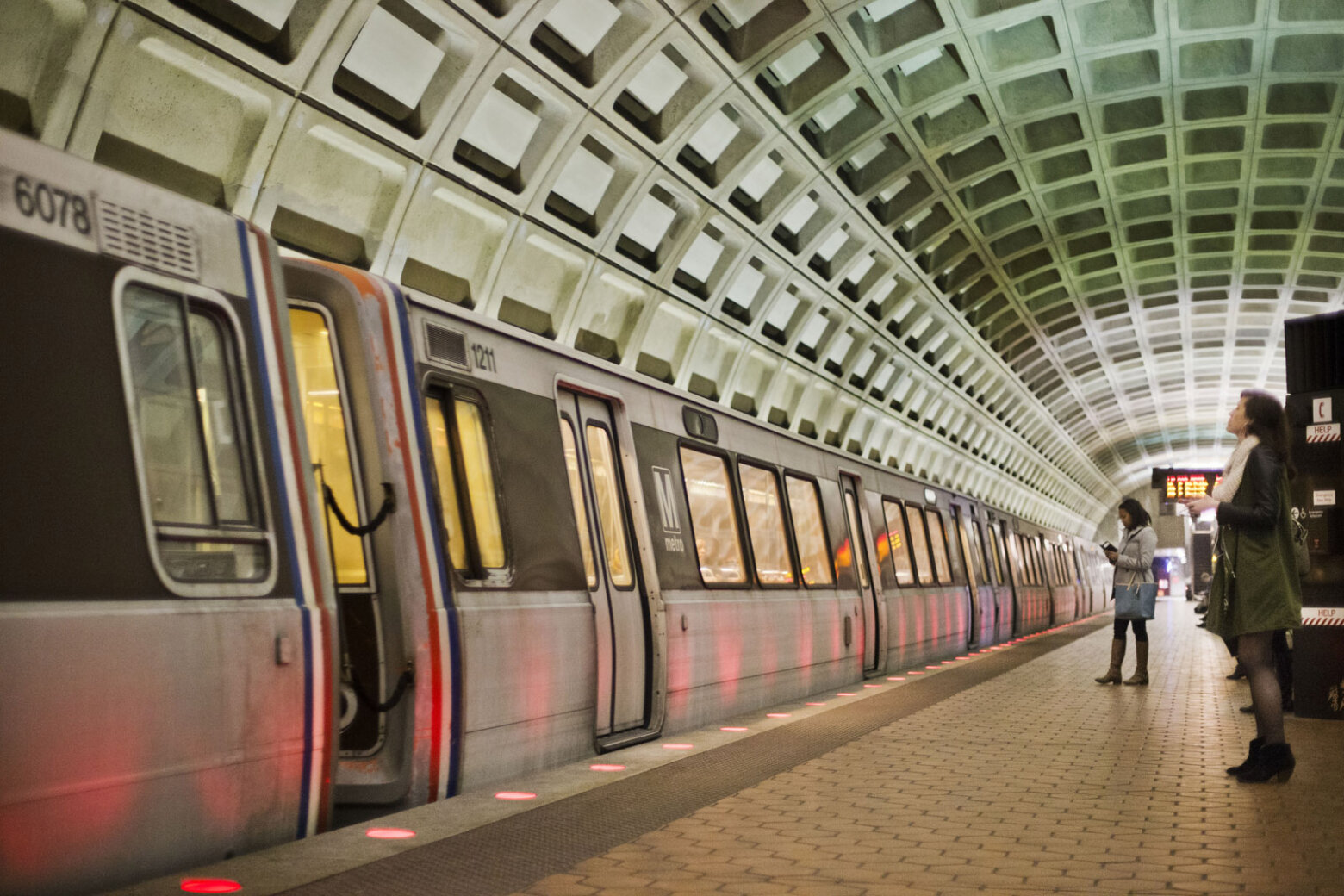WASHINGTON — Metro has selected its candidate for general manager: Neal Cohen, an executive with aerospace and defense products supplier ATK, multiple sources tell WTOP.
Cohen has accepted Metro’s offer — but it’s not a done deal yet, sources said on the condition of anonymity.
Cohen is an executive with ATK, but he also spent 16 years with Northwest Airlines and US Airways, where he was in charge of restructuring, profitability and growth initiatives.
The new general manager will face several problems right away.
Metro still needs to complete safety directives from the 2009 crash outside Ft. Totten, including replacing the 1000 series railcars with the new 7000 series. The Federal Transit Administration issued 91 safety recommendations from an audit released in June.
Metro will have a new list of directives when the National Transportation Safety Board completes an investigation into January’s deadly smoke incident at L’Enfant Plaza.
Financially, the FTA put the agency on a restricted drawdown list for federal grants after it found Metro misused the money in past years. Revenue is stagnant, labor costs are rising, and ridership has declined over the past five years.
As a result, Metro is facing tough choices as the budget season ramps up in December. D.C. Councilman Jack Evans has said he won’t support any fare hikes in 2016 as a way to solve the problems.
After the smoke incident, the derailment near Smithsonian, and the transformer fire at Stadium-Armory, Evans said passengers are frustrated with Metro and restoring trust is the primary goal.
Former General Manager Richard Sarles announced his retirement last September, then left the post in January. Jack Requa was named interim general manager at that time.
The pick of Cohen, who has never worked in or with a subway system before, is likely the result of advice that the Metro board of directors received during a search, says NBC Washington’s Adam Tuss.
“The Metro board was listening to a lot of people who were telling them to look outside the box, to find someone who could run the subway system differently,” Tuss says.
Sarles was formerly at New Jersey Transit and Amtrak, and Tuss says that’s indicative of “this old boy’s club in the railroad industry. … They’ve been there; they’ve tried that. That hasn’t necessarily worked for them in some respects.”
Tuss says that the outside-the-box pick needs to work outside the box as well: Transportation experts, he says, are of the opinion that the next GM “has to almost operate independently. He has to operate outside the board of directors; he has to not answer to them all the time, and be able to have a longer leash to do what they need to do. …
“I think that’s why they went with this pick. … Maybe he’s going to be able to come in here and shake some things up and take the transit agency in a different direction.”
While Cohen would bring experience to the financial side of running Metro, the question is whether he knows the intricacies of the system itself in light of the system’s safety problems, which have led to a FTA’s takeover of the safety side of the operation.
“That’s going to be something that has to be addressed,” Tuss says, but he’s quick to add that “There’s still gonna be a core that knows what the issues are and what needs to be addressed.”
Cohen will need to work fast, coming in at what Tuss calls “arguably the most tumultuous period in Metro’s history.”
Metro is the second-busiest subway system in U.S.; there’s also Metrobus and “all the intricacies that go along with everything about moving people in the Washington, D.C., region.”
And with the high-profile safety problems, “This GM is gonna have a lot of weight put on his shoulders,” Tuss says.
“… This is such an important time to get Metro right.”
WTOP’s Ari Ashe contributed to this report.







